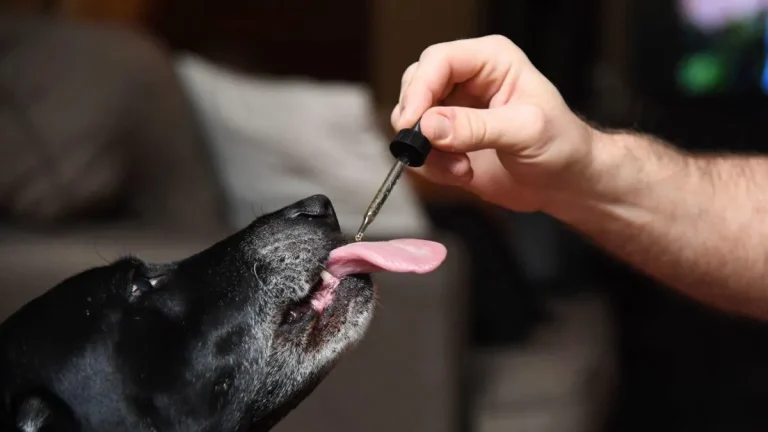Adolescent Therapy A Guide for Parents and Guardians

Adolescence is a time of immense growth and change. It’s an exciting chapter in life, where teenagers begin to discover their identity, build relationships, and carve out their independence. But it’s also one of the most challenging stages, full of emotional, physical, and hormonal shifts that can feel overwhelming to both teens and their families.
During these formative years, young people may face a range of pressures—from navigating friendships and school responsibilities to dealing with questions about their identity, purpose, and mental health. While these experiences are a natural part of growing up, some adolescents struggle more than others, and that’s where psychological therapy comes in.
If your teenager seems overwhelmed, withdrawn, or unable to cope with life’s changes, therapy might be the key to helping them achieve balance, build resilience, and thrive as they grow into adulthood.
How Can Therapy Help Adolescents Thrive?
Adolescence is a whirlwind of emotions, and for some young people, the pressures they encounter can feel like too much to handle alone. Therapy provides a safe space where teens can explore their feelings, understand their challenges, and develop coping skills tailored to their needs.
A skilled therapist acts as a guide, helping adolescents make sense of complex emotions and equipping them with tools to build emotional resilience. The ultimate goal is simple yet powerful—to foster mental and emotional wellbeing that will serve them for a lifetime.
The Benefits of Therapy for Adolescents
- Improved Emotional Regulation
Therapy provides teens with strategies to understand and manage their emotions, helping them stay calm and clear-headed during stressful situations.
- Enhanced Problem-Solving Skills
With guidance, teens learn to approach challenges thoughtfully and identify constructive solutions.
- Stronger Self-Esteem
Talking about fears, concerns, or insecurities in a supportive environment can build confidence and improve a teen’s sense of self-worth.
- Healthier Relationships
Teens who attend therapy are often better equipped to communicate effectively and form healthy connections with friends, family, and peers.
- Coping Skills for Life’s Ups and Downs
Whether it’s managing the highs and lows of school life or addressing deeper struggles, therapy arms teens with practical, lifelong tools to handle stress and adversity.
Challenges Adolescents Commonly Face
Adolescent therapy is tailored to meet the unique needs of each individual, but here’s a list of some common challenges therapists can help address.
Anxiety and Phobias
From social worries to fears about the future, anxiety can feel crippling—but it doesn’t have to be. Therapy can provide calming techniques and strategies to reduce anxious thoughts.
Depression
Feelings of sadness, hopelessness, or being “stuck” may indicate depression. Therapy helps uncover the underlying causes while providing support for healing.
Self-Harm
When teenagers use self-harm to cope with overwhelming emotions, therapists work compassionately to address the behaviour and the emotions driving it.
Navigating Gender Identification or Sexual Orientation
Therapists provide a non-judgmental space for teens to explore their gender and/or sexual orientation, offering validation and support along their personal journeys.
School-Related Challenges
Whether it’s academic pressure, bullying, or issues related to friendships, talking with a therapist can help teens find clarity and develop action plans.
Peer and Romantic Relationships
Adolescence is a time of relationship exploration, which can come with its own set of challenges. Therapy helps teens build healthier connections while handling peer pressure and conflict.
Eating Disorders
Therapeutic intervention is critical for adolescents struggling with eating disorders like anorexia or bulimia, helping them understand the root of the problem and guiding them toward recovery.
Substance Use
If your teenager is experimenting with drugs or alcohol, therapy provided by luxury rehab centers provide a safe space to address the behaviour and uncover its underlying causes without judgment.
How Therapy Works for Adolescents
Building Trust
Therapeutic progress begins with building a strong, trusting relationship between the adolescent and their therapist. Teens need to feel safe, heard, and valued before they can openly explore their feelings.
Developing Personalised Plans
Each teen is unique. That’s why therapists tailor their approach to suit the individual’s needs, whether that’s through talk therapy, cognitive-behavioural techniques, or creative outlets like art or music.
Encouraging Family Participation
While therapy focuses on the adolescent, involving the family is often a crucial piece of the puzzle. Parents and guardians play an essential role in supporting their teen’s therapy goals.
Progress Over Time
Change doesn’t happen overnight. Therapy is a process that helps teens grow, develop, and establish healthy patterns that will benefit them well into adulthood.
Considering Therapy for Your Teenager?
At The Balmain Practice, we understand the sensitivity required to foster trust and connection with teenagers. Our team of experienced and compassionate psychologists is here to support young people as they face life’s ups and downs.
We take a warm, collaborative approach and provide tools rooted in evidence-based practices to help your teen feel supported every step of the way.
Why Choose The Balmain Practice
- Expert care from trained psychologists who specialise in adolescent therapy.
- Flexible options, including face-to-face and telehealth online appointments.
- A welcoming, judgement-free space where your teen can feel safe and understood.
Start Your Teen’s Journey Toward Emotional Wellbeing
Therapy isn’t just for resolving problems; it’s about building resilience and life-long skills that can benefit your teenager well into adulthood.
If you’d like to explore therapy for your adolescent, we’re here to help. Get started today by booking an appointment with The Balmain Practice. Together, we’ll create a roadmap for your teen’s emotional wellbeing.





